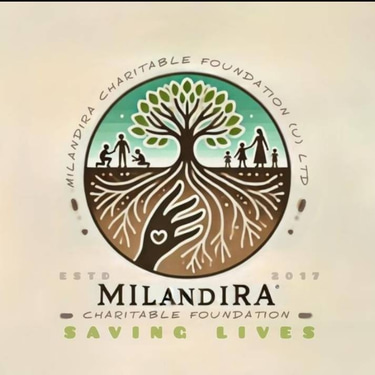Welcome to Milandira Foundation
Dedicated to improving education and healthcare access in Uganda’s underserved communities through empowerment and outreach initiatives.


150+
15
Empowering Communities
Join Us
Location
We are based in Uganda, focusing on education and healthcare access in underserved communities.
Address
Kampala, Uganda
Hours
9 AM - 5 PM
The Milandira Charitable Foundation has transformed lives through education and healthcare initiatives in our community. Their dedication is truly inspiring!
John Doe

★★★★★
